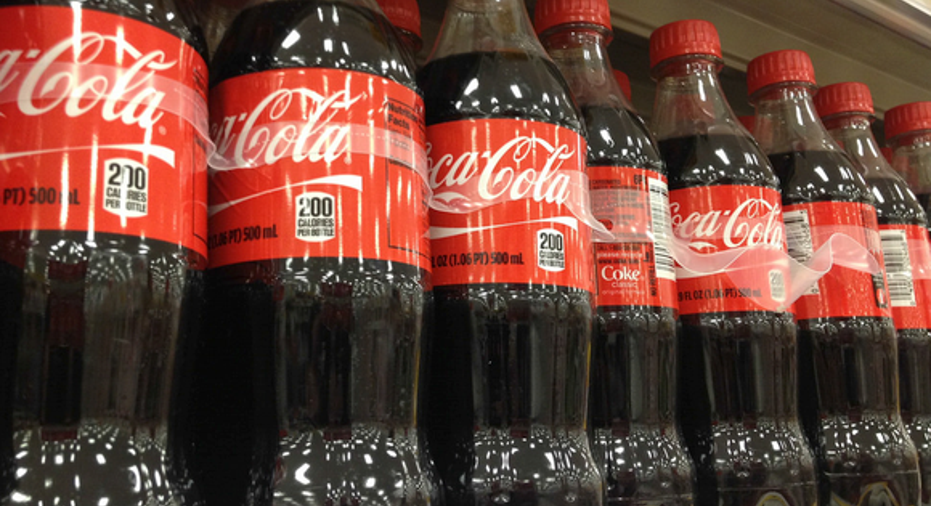Better Buy: McDonald's Corp. vs. Coca-Cola

Image source: McDonald's.
Many seasoned income investors probably have some sort of history with McDonald's (NYSE: MCD) and The Coca-Cola Company (NYSE: KO), or have at least considered investing in them. Not only have these two companies consistently paid out dividends for decades, but their dividend payouts have also both steadily increased. Put simply, McDonald's and Coca-Cola are great stocks for investors looking for income.
But which of these two iconic dividend stocks is a better buy -- particularly after both stocks have sold off more than 10% in the past six months?
To compare these two stocks, let's look at them three different angles.
Dividend yield
One of the most approachable ways to quickly compare dividend stocks is with the dividend yield metric, which is defined by a company's annual dividend payouts as a percentage of the stock price.
Both McDonald's and Coca-Cola have solid dividend yields. Coca-Cola comes out on top with a dividend yield of 3.3%, compared with 3.1% at McDonald's. This difference, however, is too small to make Coca-Cola the obvious buy for investors looking for income.
Dividend sustainability
Beyond a meaningful dividend yield, dividend investors obviously also want to know that a given investment's dividend has as good chance of sticking around for years. This is where payout ratio, or the percentage of a company's earnings currently being paid out in dividends, comes in. The lower this ratio, the more breathing room a company's dividend has, and greater the chance the dividend can be sustained even if earnings contract.
McDonald's, with its payout ratio of 67%, beats out Coca-Cola's payout ratio of 78% by 11 percentage points.
Valuation
With Coca-Cola coming out ahead on dividend yield and McDonald's winning on dividend sustainability, will valuation be the tiebreaker?
Investors buying either McDonald's or Coca-Cola today will have to pay a higher premium for Coca-Cola's earnings. Coca-Cola trades at a price-to-earnings ratio of 24. That compares with a price-to-earnings ratio of about 22 for McDonald's.
Image source: The Motley Fool.
Similarly, Coca-Cola trades at a higher price-to-free cash flow ratio. Coca-Cola investors buying the stock today have to pay $27 for every dollar of annualized free cash flow, or cash left over after operational and capital expenditures, the company earns. McDonald's investors buying today pay just $21 for every dollar of free cash flow.
Coca-Cola's comparatively steeper valuation is particularly surprising in light of how analyst expectations for the beverage company's EPS over the next five years compares with expectations for analysts' forecasts for McDonald's EPS. On average, the average analyst estimate is for Coca-Cola's EPS to increase by about 2.1% per annum over the next five years. During the same period, the consensus analyst estimate for McDonald's is for 9.3% annualized growth.
Overall -- and particularly after a closer look at the two stock's valuations -- McDonald's looks like the better buy today. While investors buying McDonald's today will get a lower initial dividend yield than they would if they bought McDonald's, a lower payout ratio combined with a cheaper valuation make the fast-food king look like a slightly more compelling investment.
A secret billion-dollar stock opportunity The world's biggest tech company forgot to show you something, but a few Wall Street analysts and the Fool didn't miss a beat: There's a small company that's powering their brand-new gadgets and the coming revolution in technology. And we think its stock price has nearly unlimited room to run for early in-the-know investors! To be one of them, just click here.
Daniel Sparks has no position in any stocks mentioned. The Motley Fool recommends Coca-Cola. Try any of our Foolish newsletter services free for 30 days. We Fools may not all hold the same opinions, but we all believe that considering a diverse range of insights makes us better investors. The Motley Fool has a disclosure policy.



















